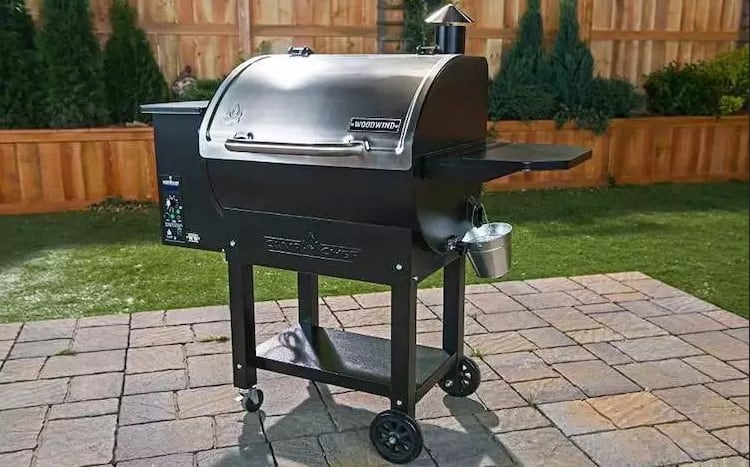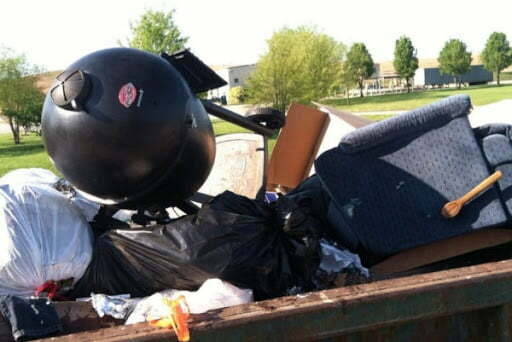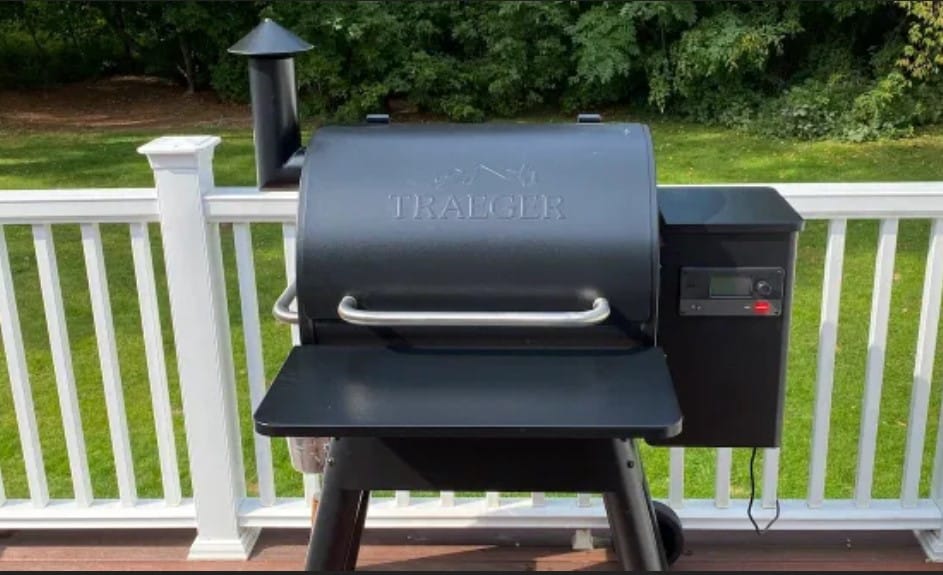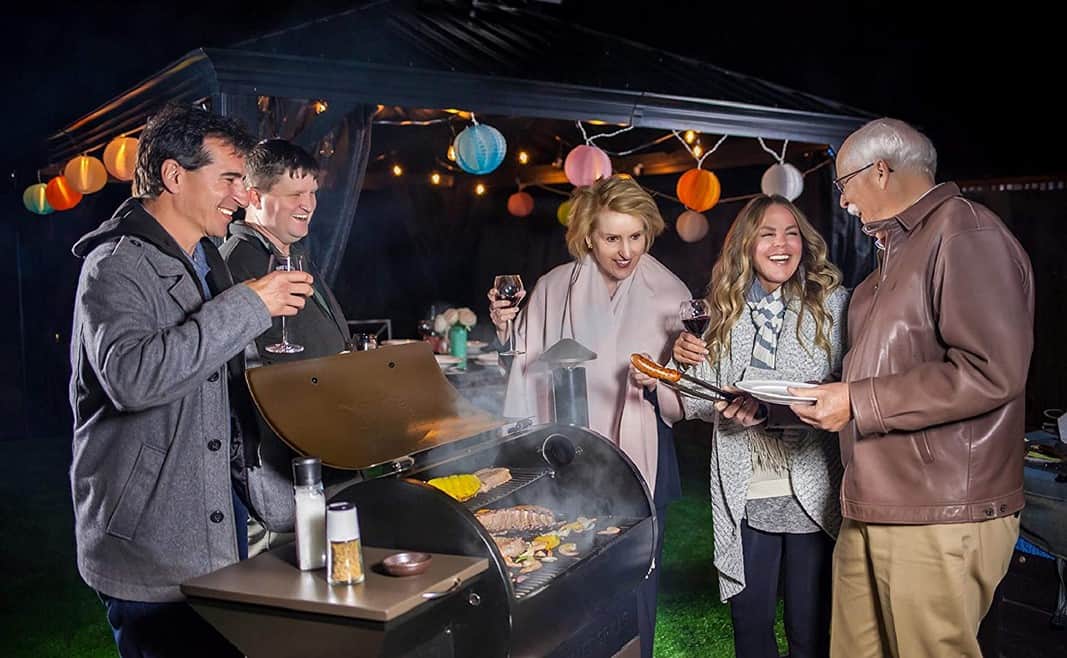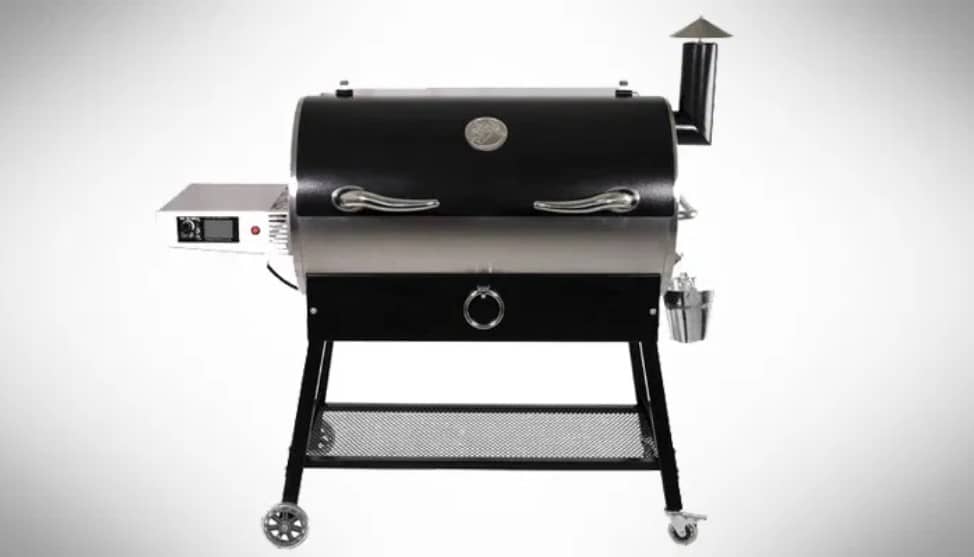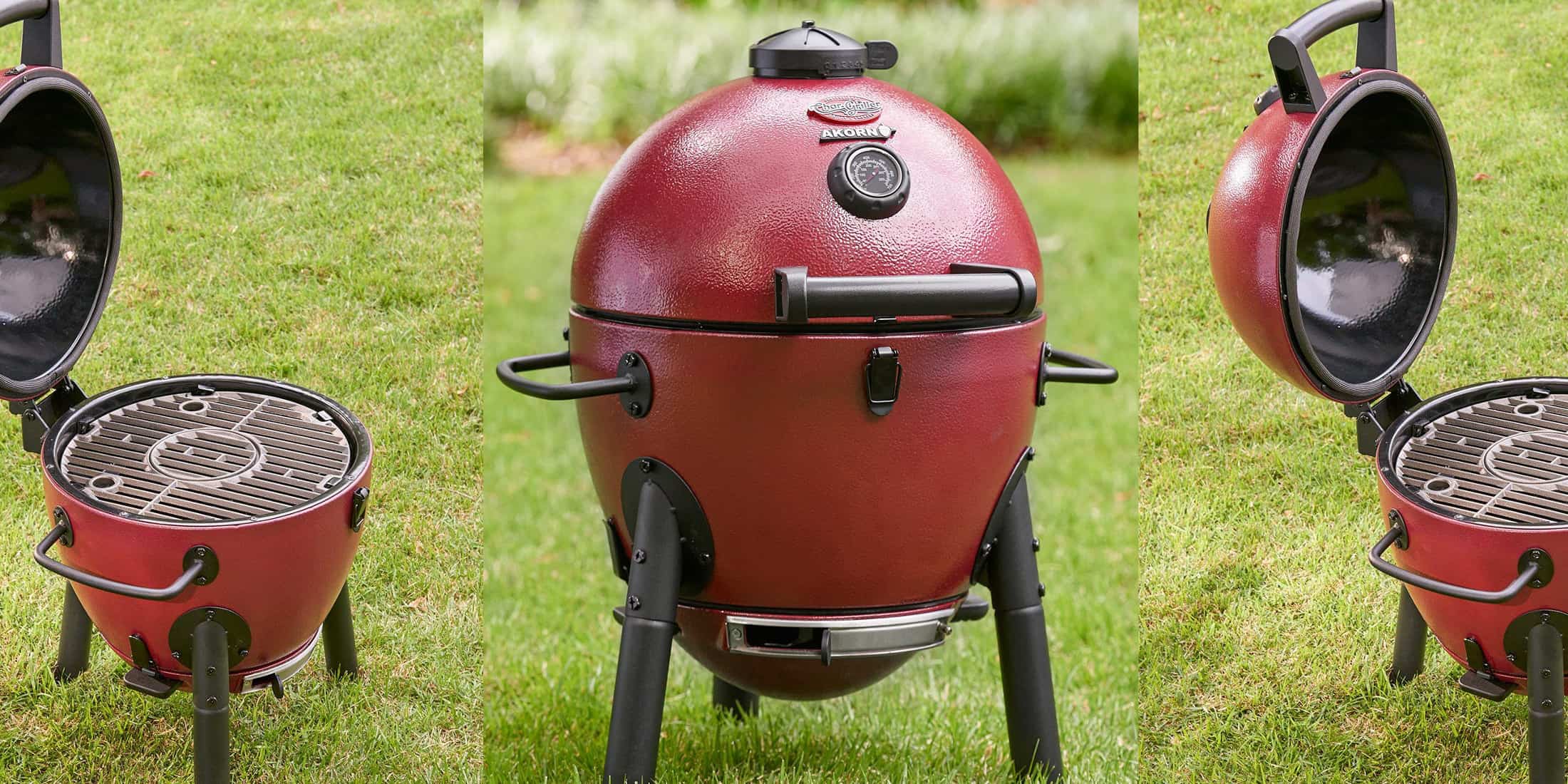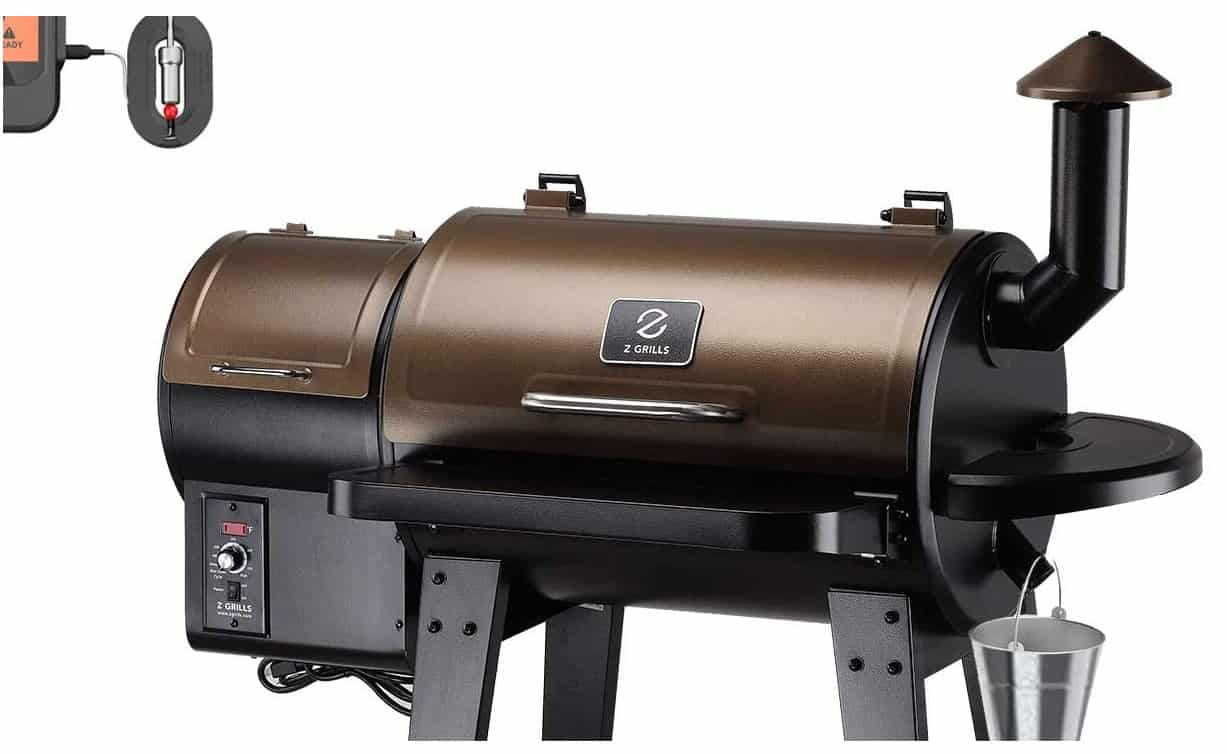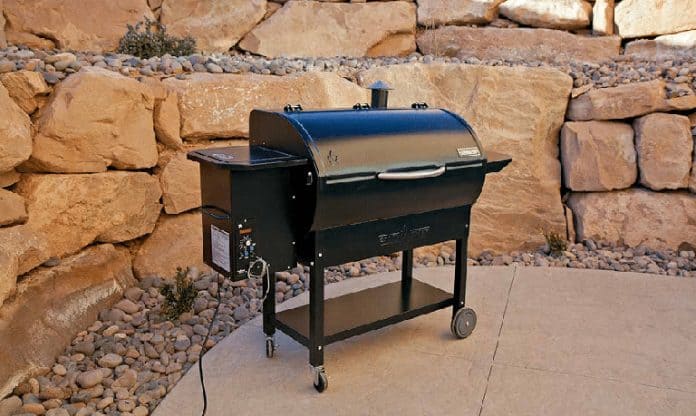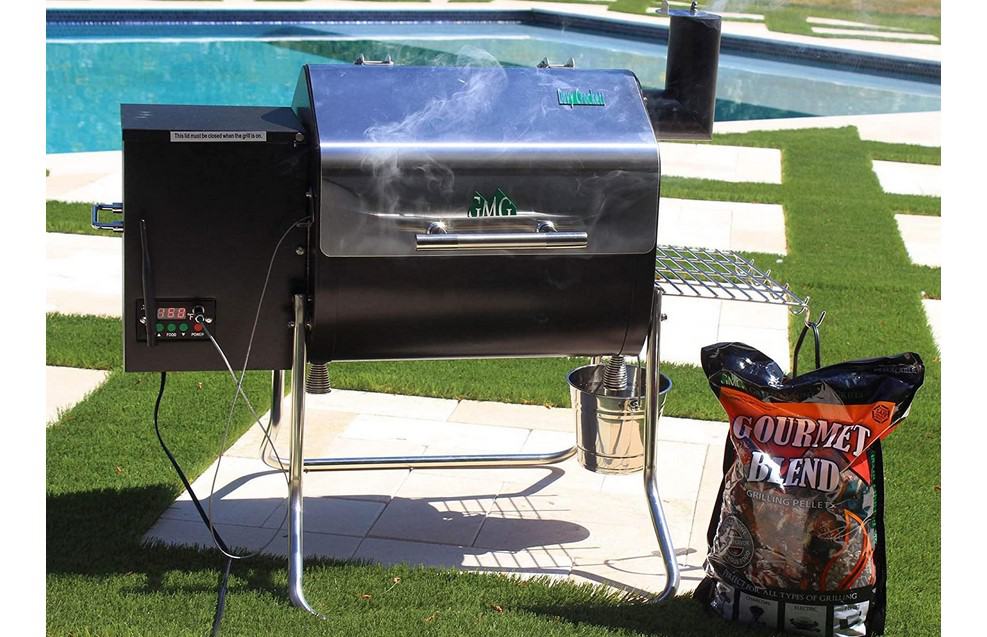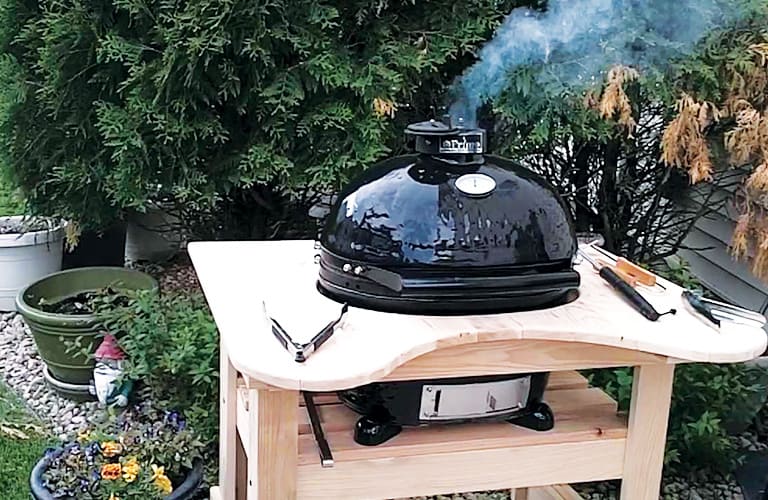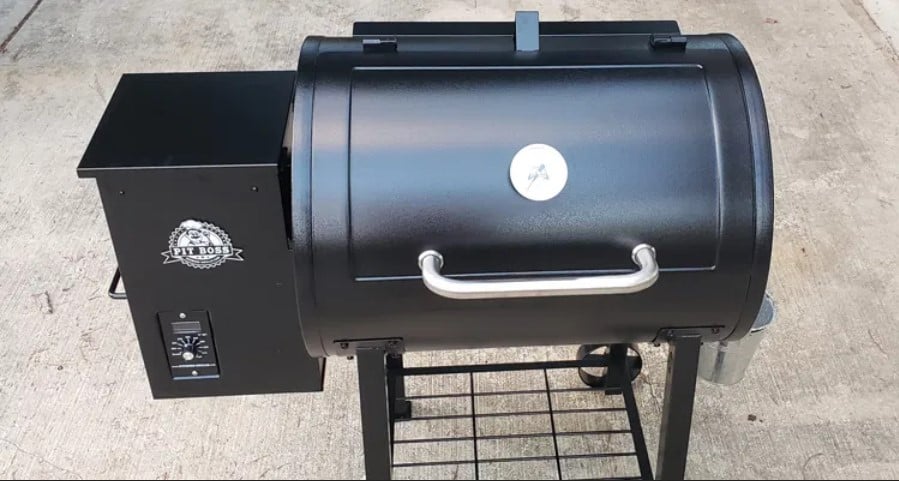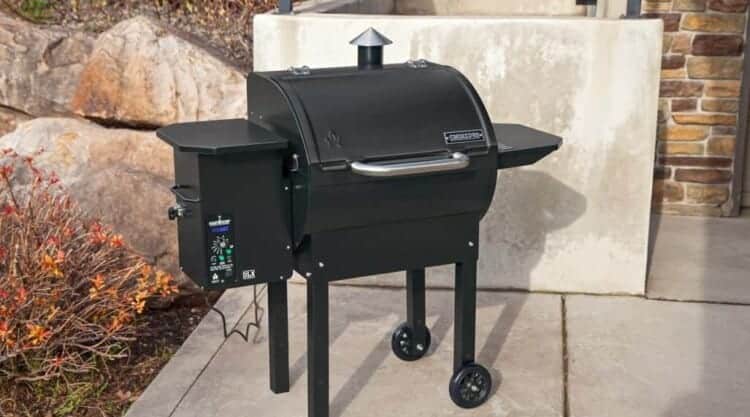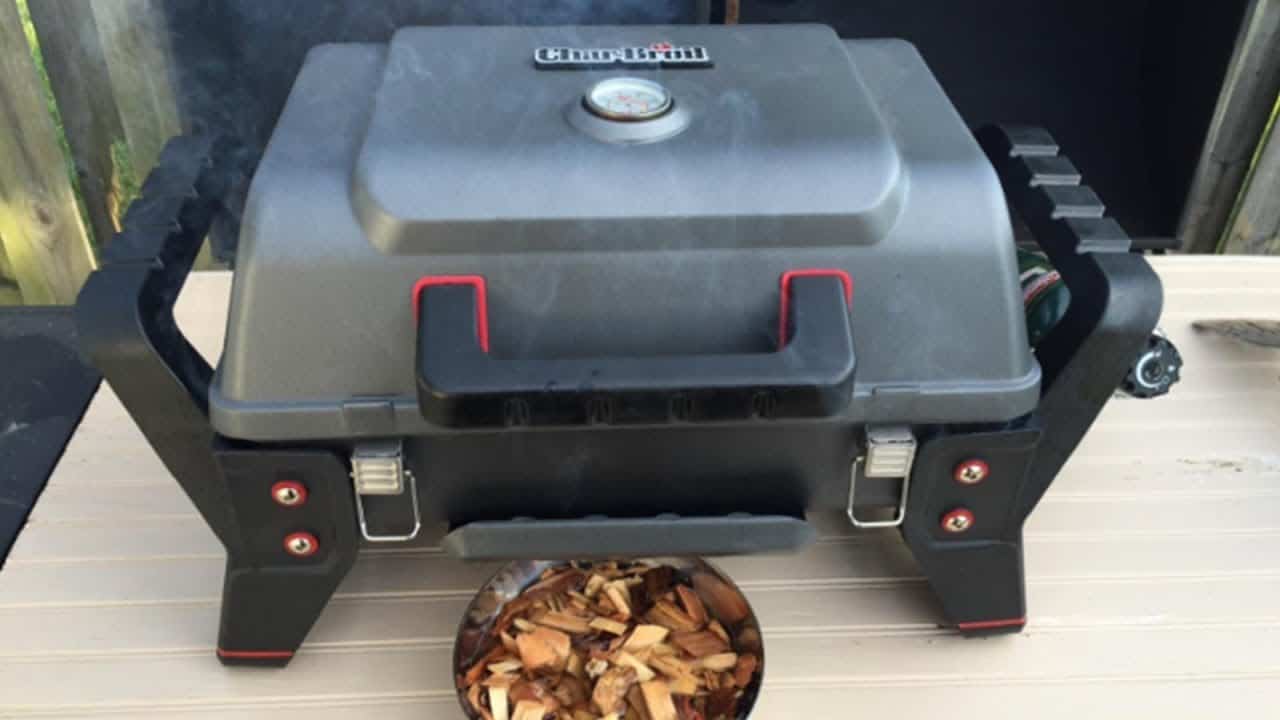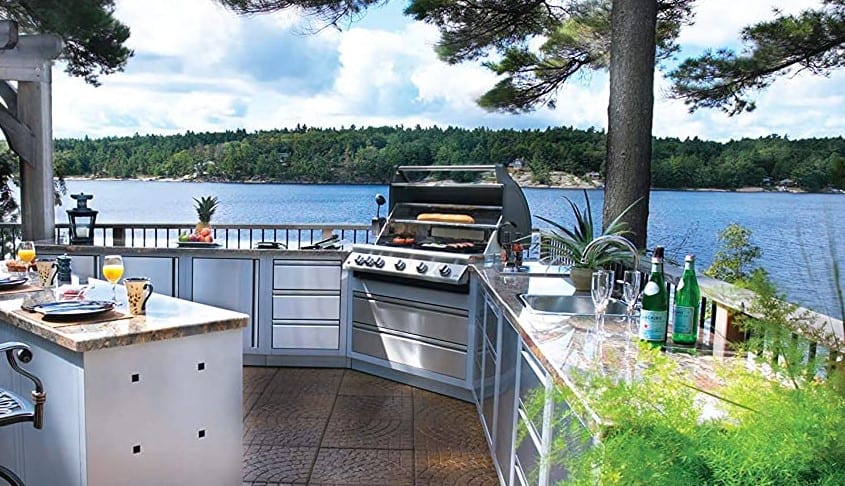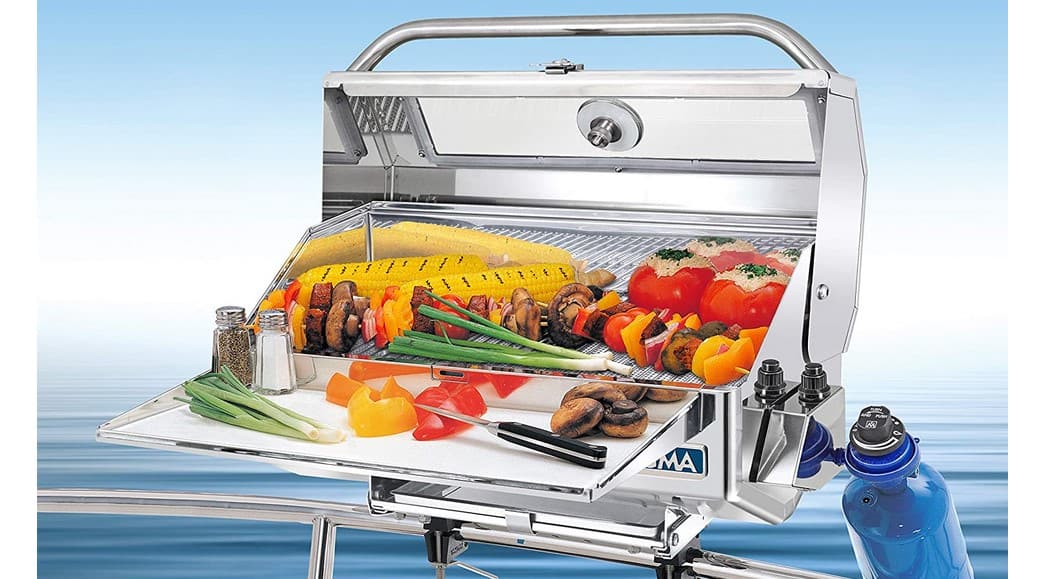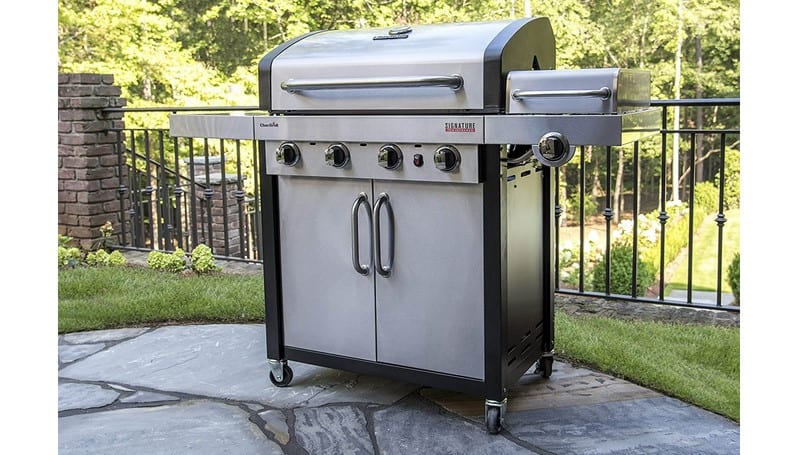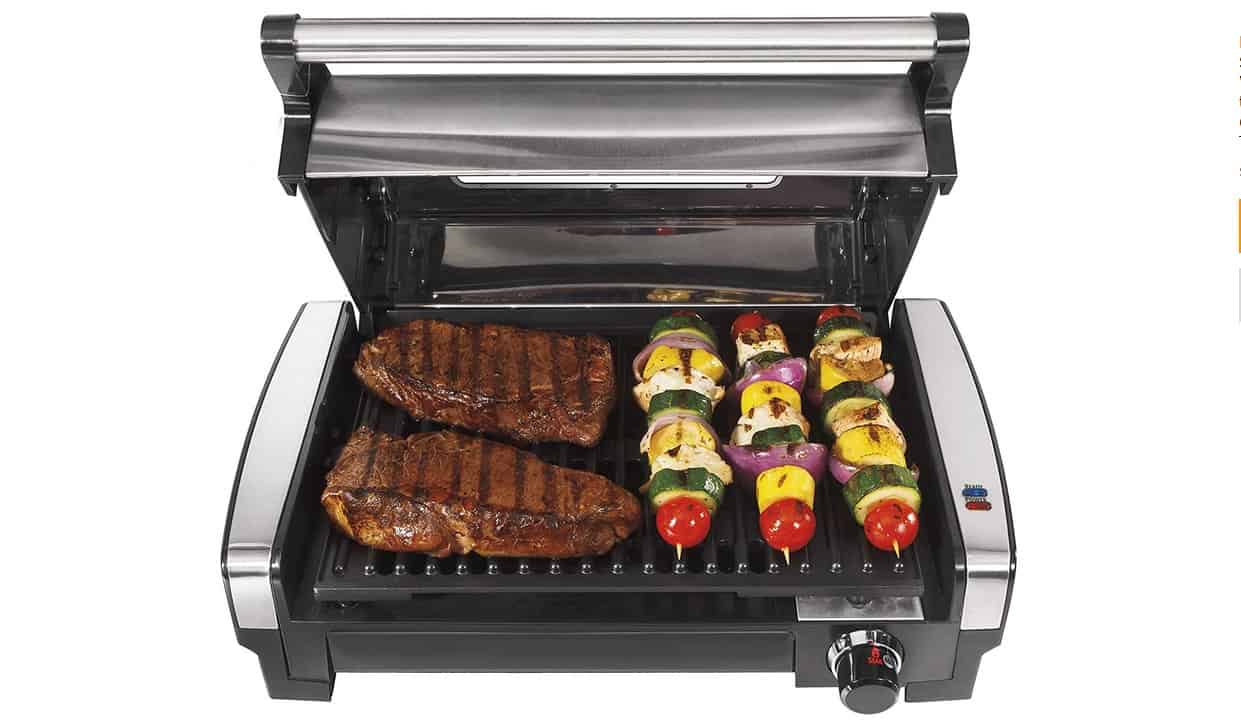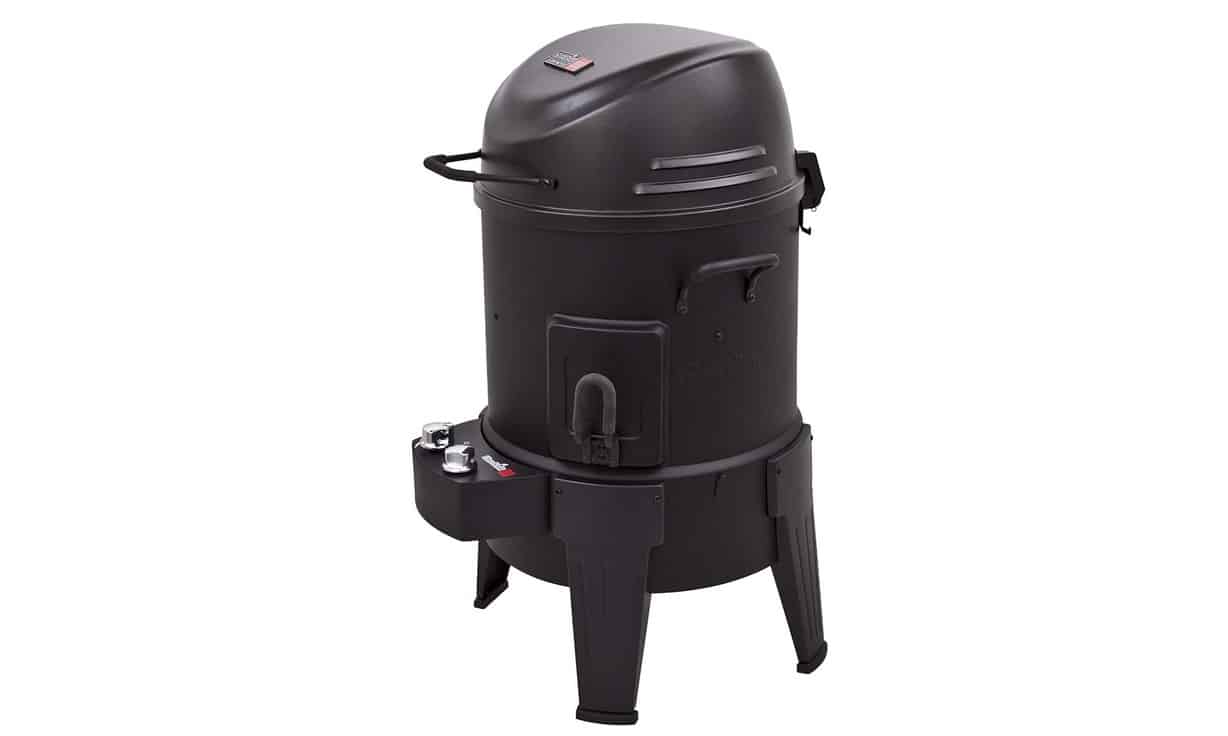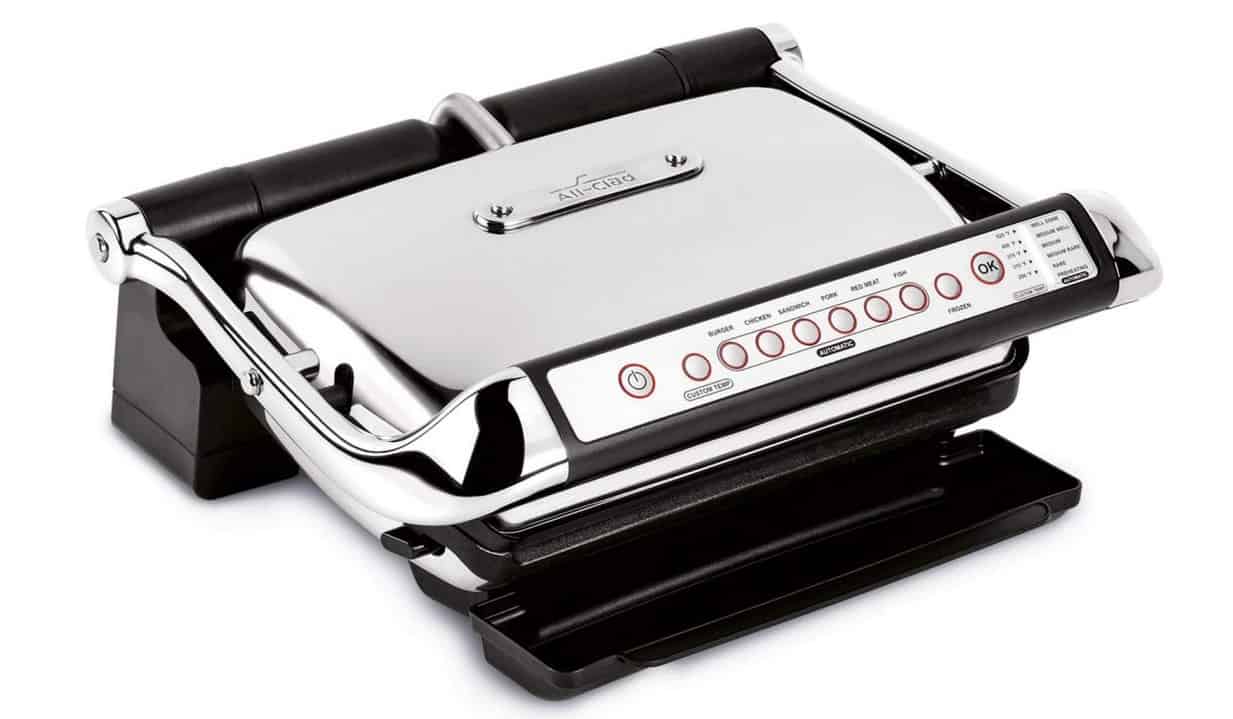If you’re debating the differences between charcoal and propane grills, there are quite a few distinctions between the two that you should know. Both are popular options with major disparities in performance, and factors such as cleanup, fuel efficiency, and cost are all necessary parts of the equation.
KEY TAKEAWAYS:
- Charcoal grills give the food the much sought-after smoky BBQ flavor and can reach higher temperatures than propane for excellent searing.
- Propane grills have much lower fuel costs and are more eco-friendly but start at much higher price points than charcoal models.
- Propane grills heat up quickly and offer much more precise control over the temperature than charcoal grills, but they can’t achieve the same heat levels as charcoal and don’t impart a smoky flavor to foods.
Understanding those factors will help you choose the best grill for your needs. Once you’ve decided, you might want to look at the differences between cast iron vs. stainless steel grills.
Insider Tip
Charcoal is capable of high temperatures that allow for better searing and easier cooking of tough meats and steaks.
Is Charcoal Better than Propane?
Propane grills rose in prominence on the market in the past decade and now comprise more than half the grills bought each year, but they can’t completely take the place of charcoal, with huge differences in cost, and ease of use, maintenance, and flavor they give food. If you’re looking for another alternative to propane, you may want to read about gas vs. infrared grills.
Temperature
Charcoal grills have the edge here as hot coals can achieve much higher top temperatures than propane flames. This makes getting restaurant-quality sears and cooking tougher meats and steaks easier, though they’re still possible with propane. But, you’ll want to compare charcoal vs propane if health concerns are a priority for you.
Precision/Ease of Use
Propane grills have dial controls that allow for more precise temperature control than charcoal grills and a much quicker and easier startup, reaching the desired cooking temperature in a few minutes They’re also far easier to clean than charcoal grills, which quickly buildup burnt food residue and ashes that can be a chore to clean after each use. Some charcoal grills can be portable, too, making them some of the best camping grills to have.
Cost
This one’s slightly more complicated. Charcoal grills themselves can be had very cheaply. A decent charcoal grill can be bought for as little as $25. Conversely, propane grills are hard to find for less than $100, but the cost of refilling a propane tank is much lower and the grills much more fuel-efficient, which means with frequent enough use, buying coal and lighter fluid will cost you significantly more over time.
Flavor
If you want to get that smoky barbecue flavor without liquid smoke or similar products, charcoal is the only way to go. While propane cooks evenly and is more reliable, it produces “clean” food without any extra flavor imparted by the cooking process. This is why restaurant chefs prefer charcoal for BBQ.
Warning
Charcoal grills are much more affordable upfront, however, their fuel costs are much higher than propane, even though propane grills themselves are more expensive.
F.A.Q.S
Is there a taste difference between charcoal and propane grills?
Yes, charcoal gives meat the classic smoky BBQ flavor many people are looking for when grilling. Propane grills create “clean” tasting food and simply can’t produce a smoky flavor without products like liquid smoke.
Is cooking with charcoal unhealthy?
Unless you’re eating charcoal-grilled meat every day, then any health risks are minimal. Charcoal grilling does put a certain amount of carcinogens into meat, but in amounts that aren’t a serious health risk if you’re only eating it a few times a month.
Is steak better on propane or charcoal?
Most of the time, you’ll get better results with steak and other tougher meats using charcoal, because of the higher temperatures it’s capable of. This also means a great sear is much easier to get with charcoal.
STAT: CO emissions from grills and BBQs account for 0.0003% of the U.S.’s yearly carbon footprint. (source)
REFERENCES:
- https://www.youtube.com/watch?v=4NgLK4WTUoE&ab_channel=PitmasterX
- https://www.youtube.com/watch?v=TV616bwKc4Q&ab_channel=BBQGuys
- https://www.youtube.com/watch?v=JO0yn-3L_S8&ab_channel=GulfCoastSmoker
- https://blog.istc.illinois.edu/2016/05/25/charcoal-vs-gas-a-sustainability-question/
- https://www.nytimes.com/2005/04/19/health/the-claim-grilled-meat-causes-cancer.html

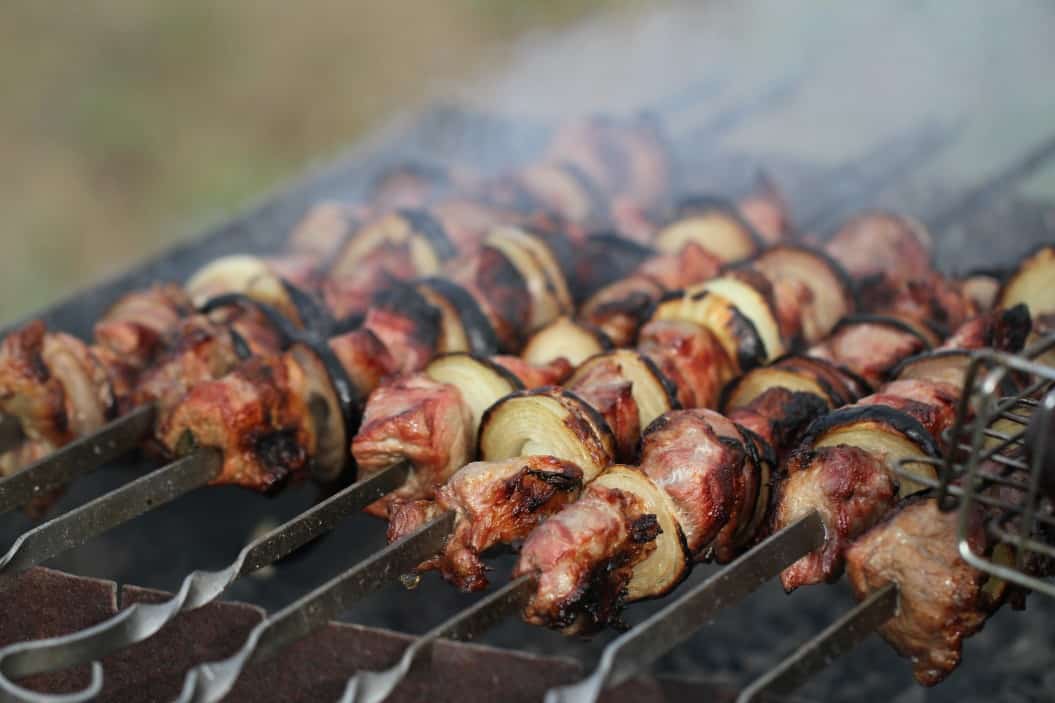













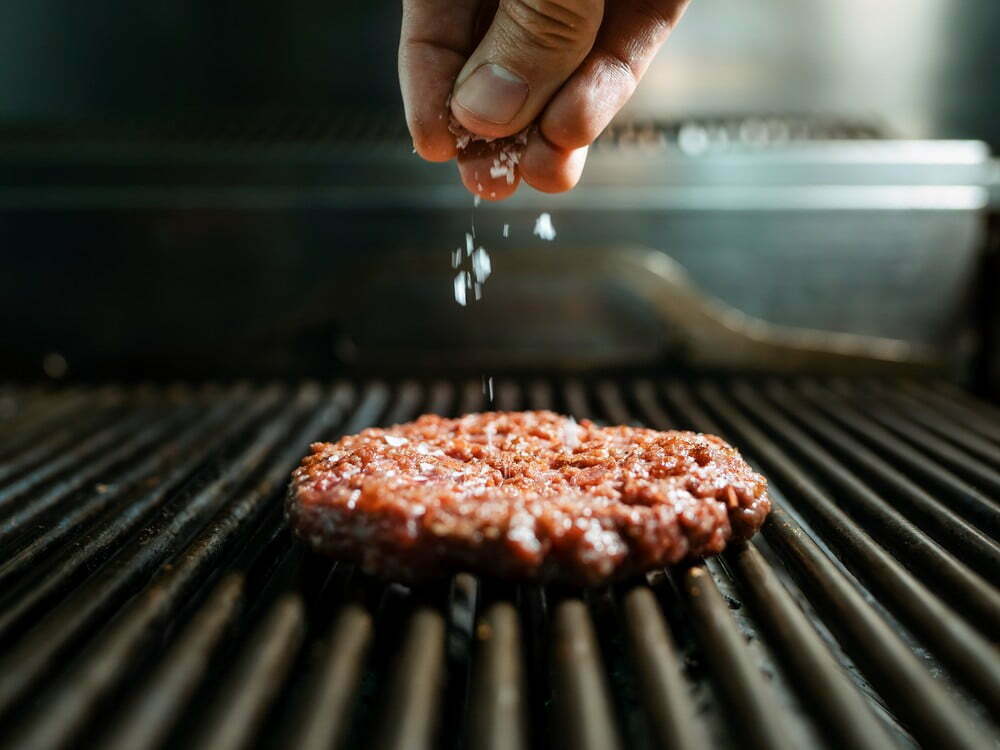
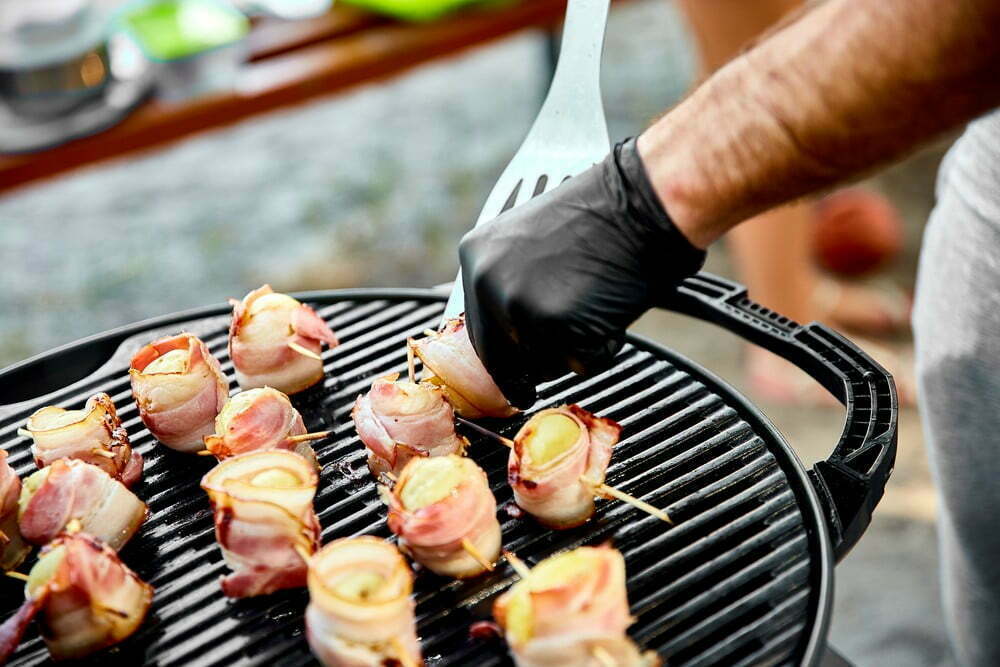
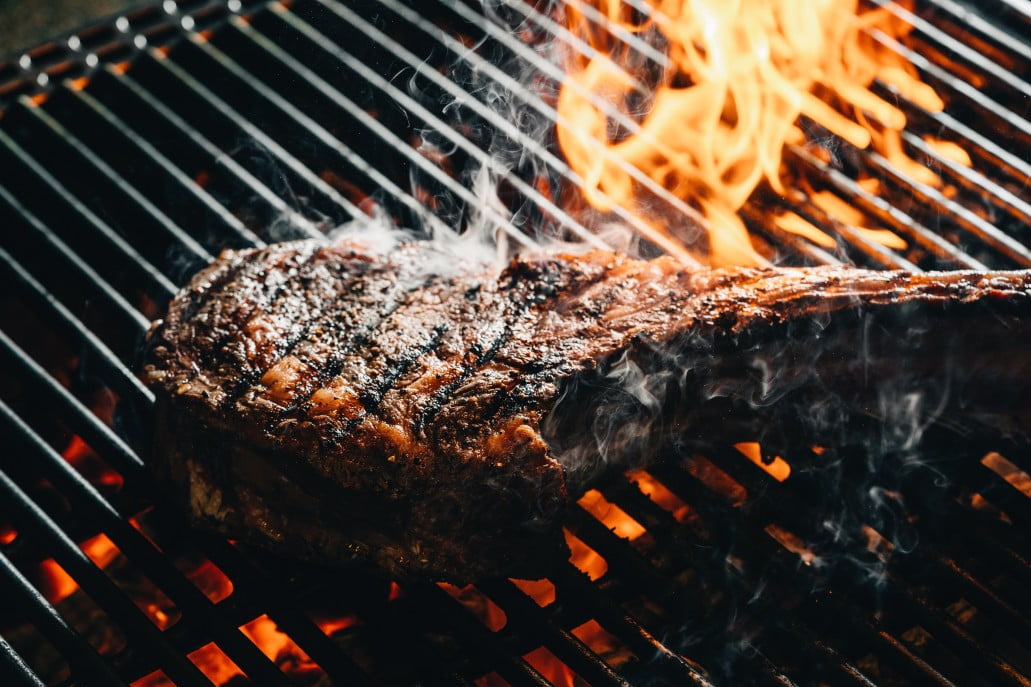
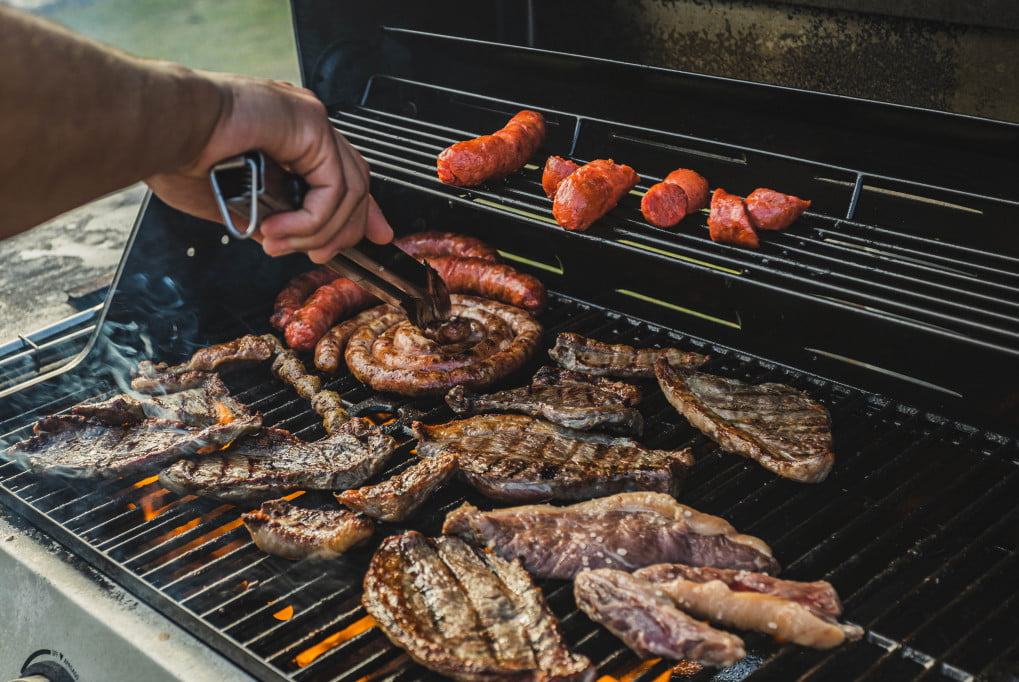
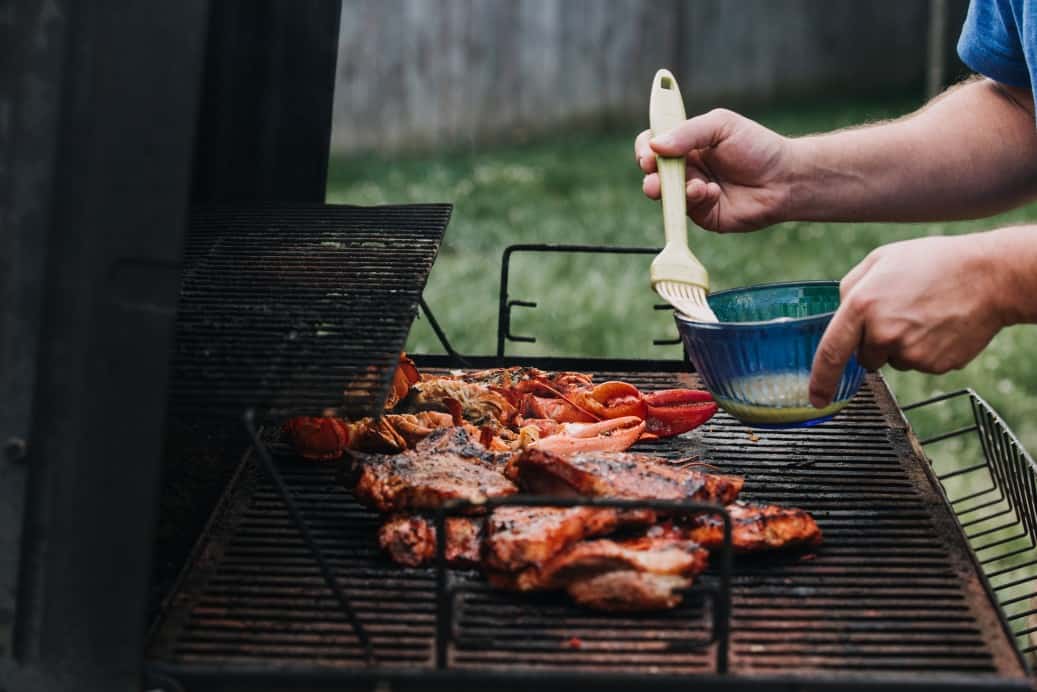
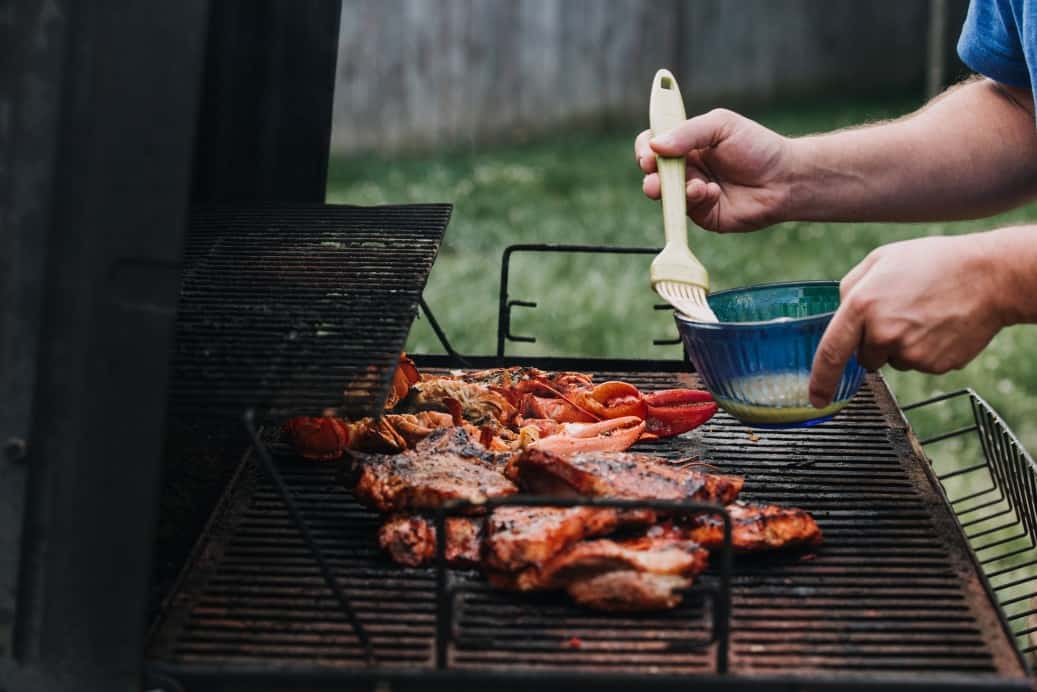
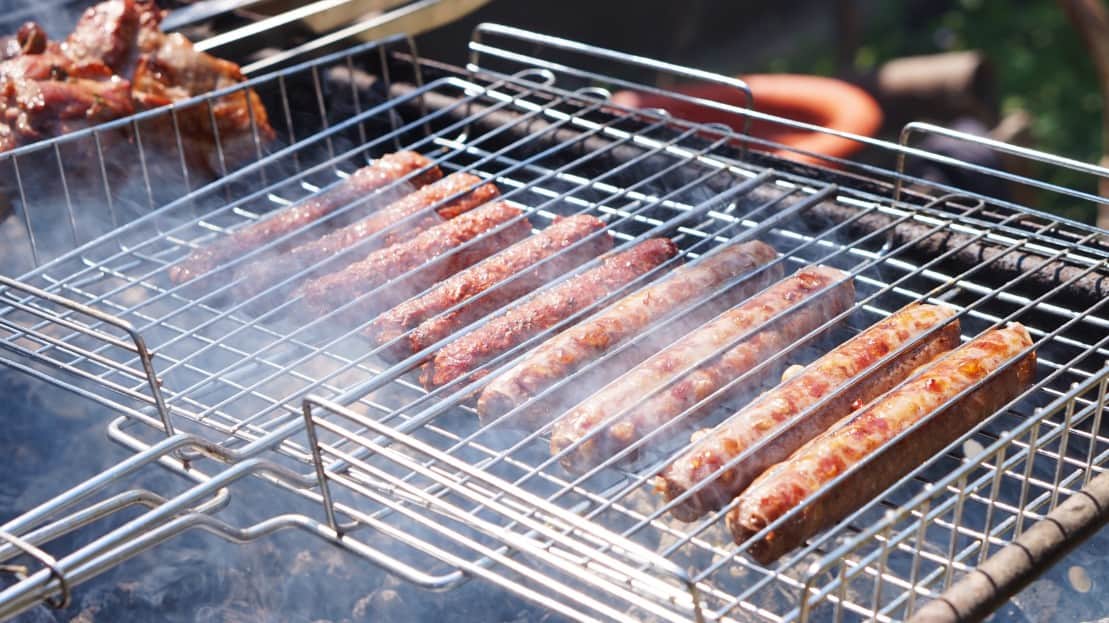
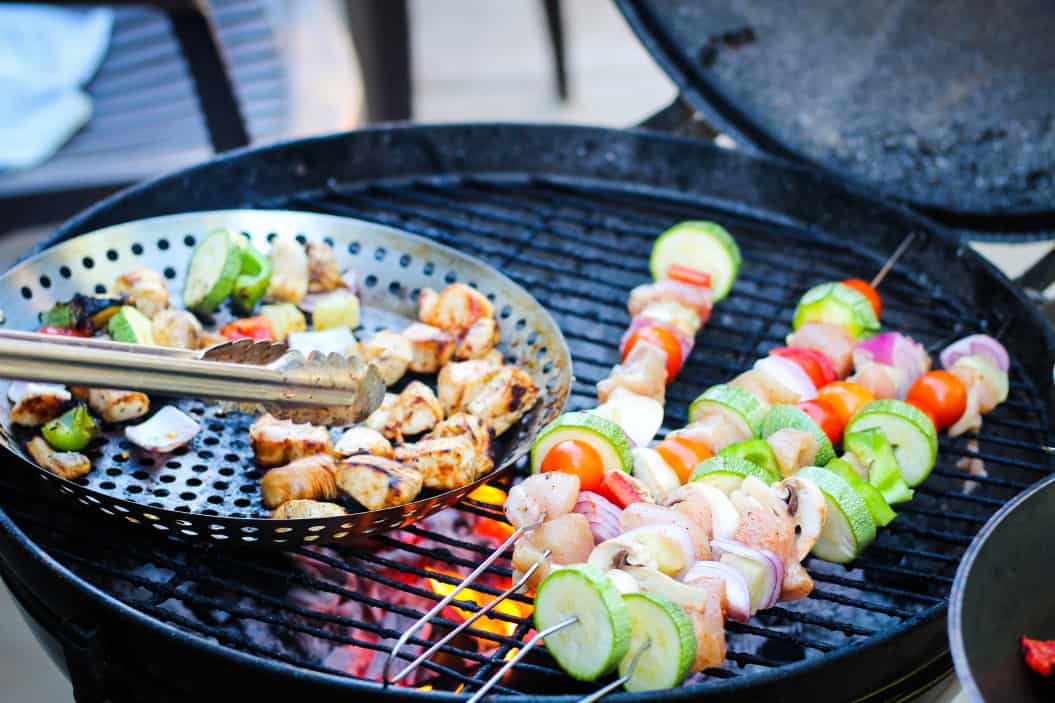
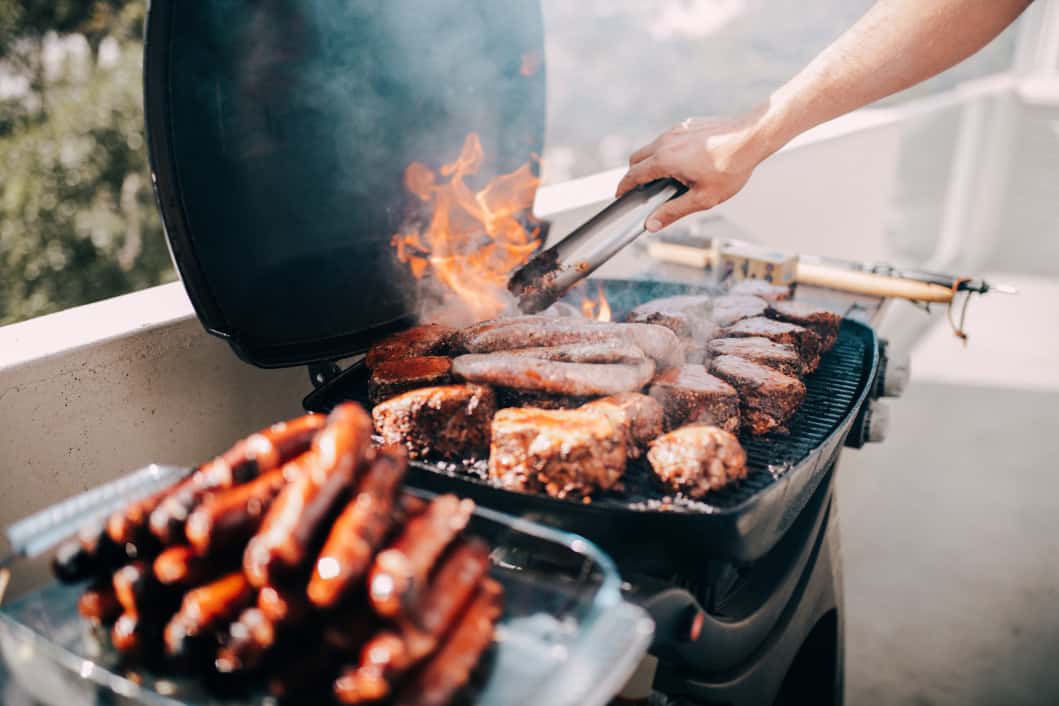
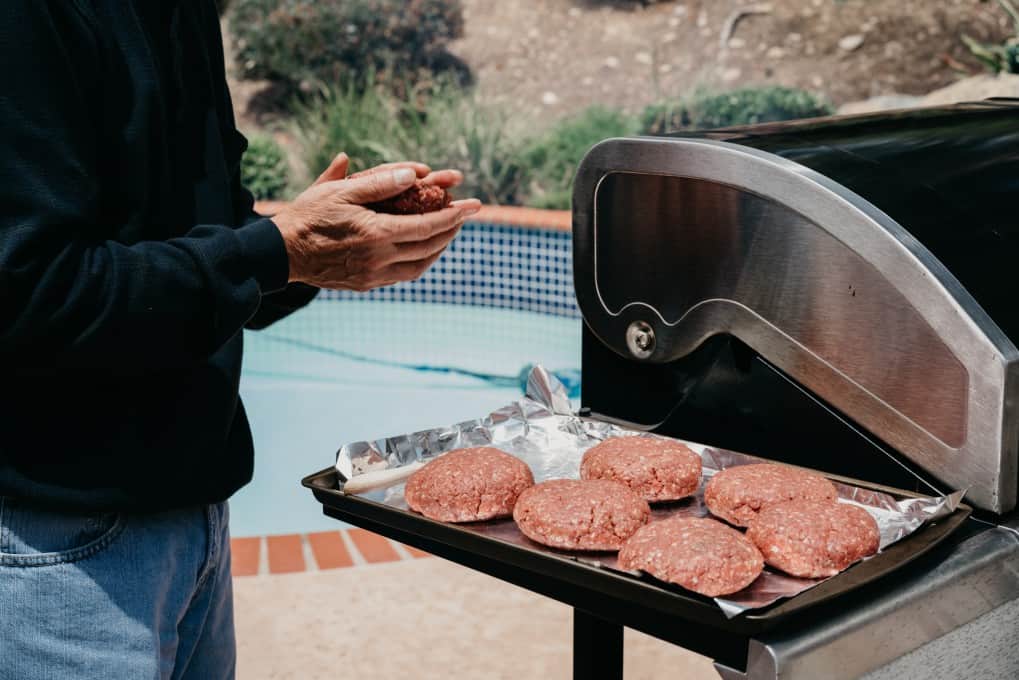
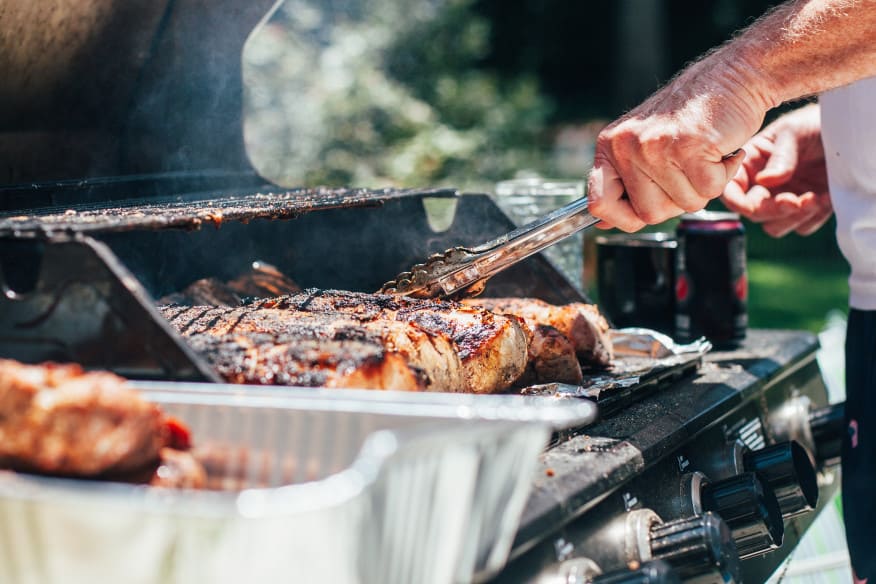
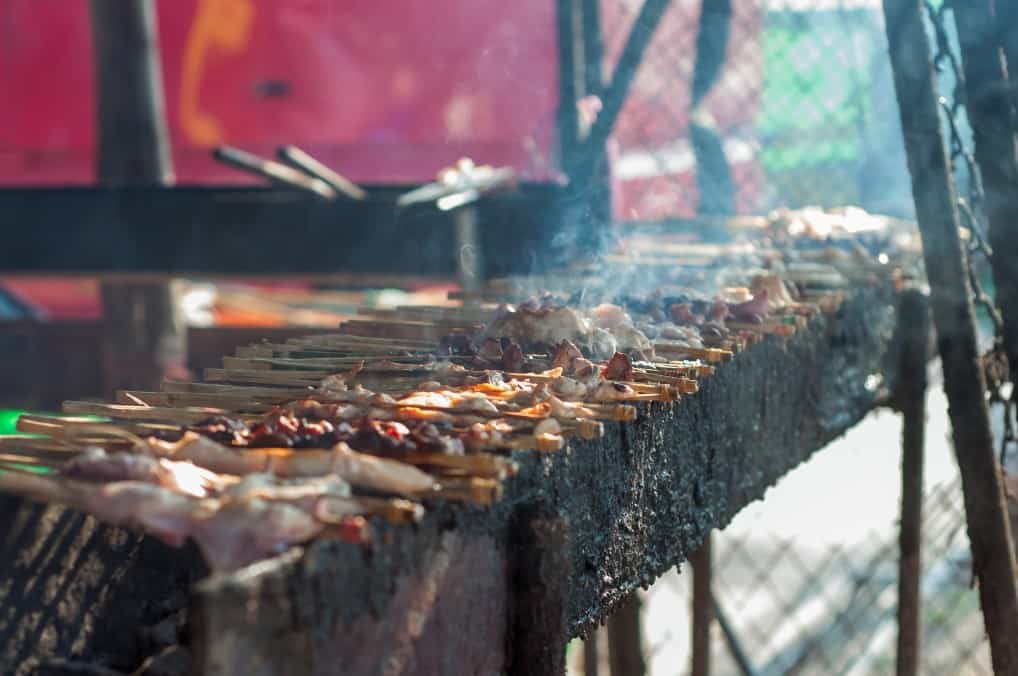
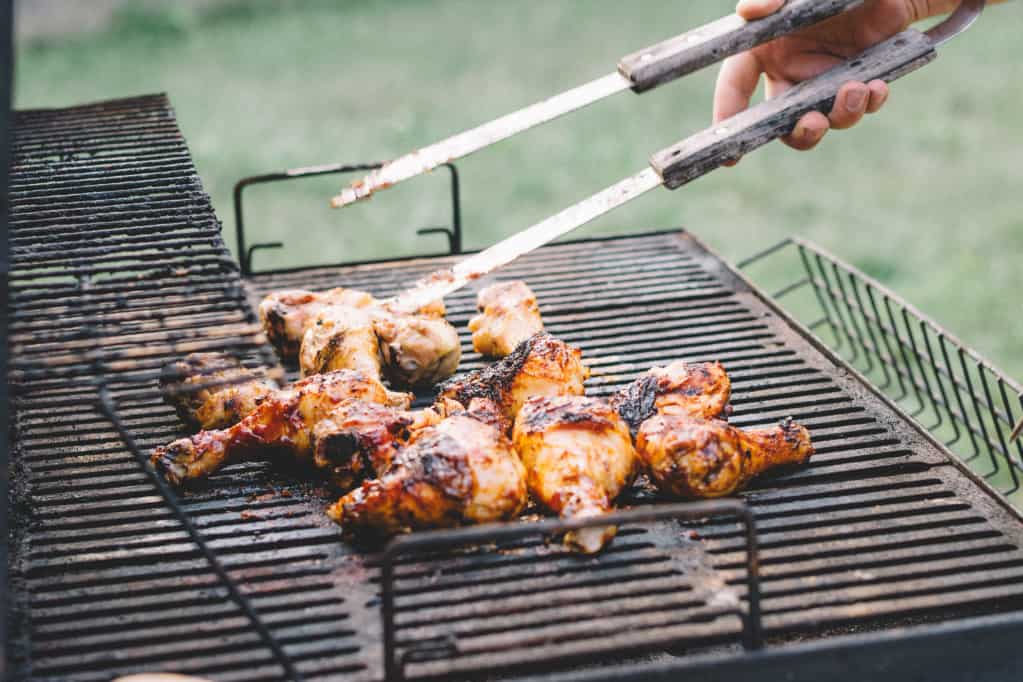
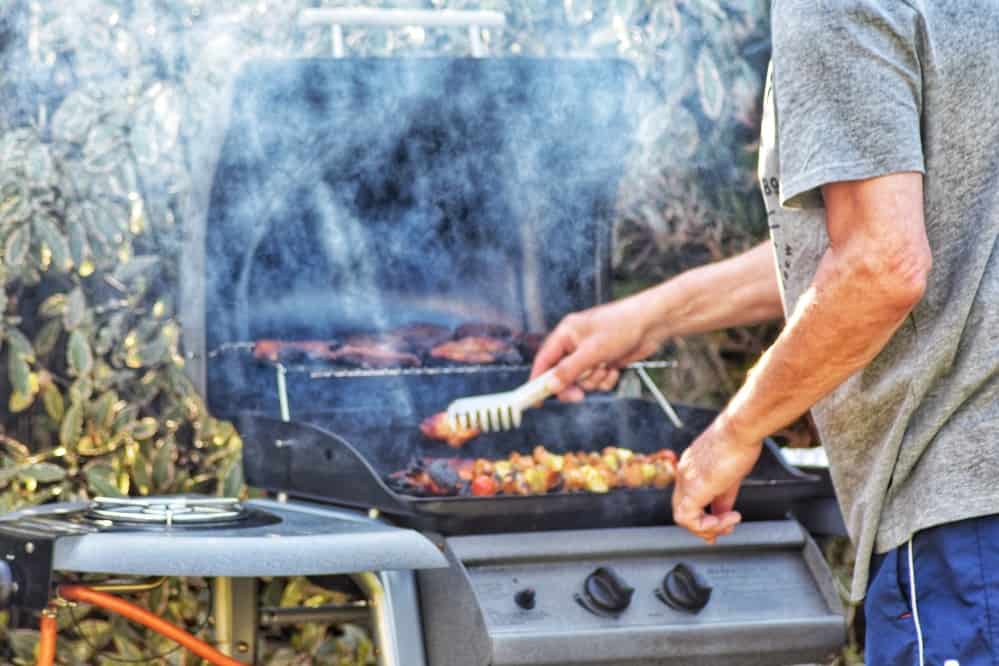
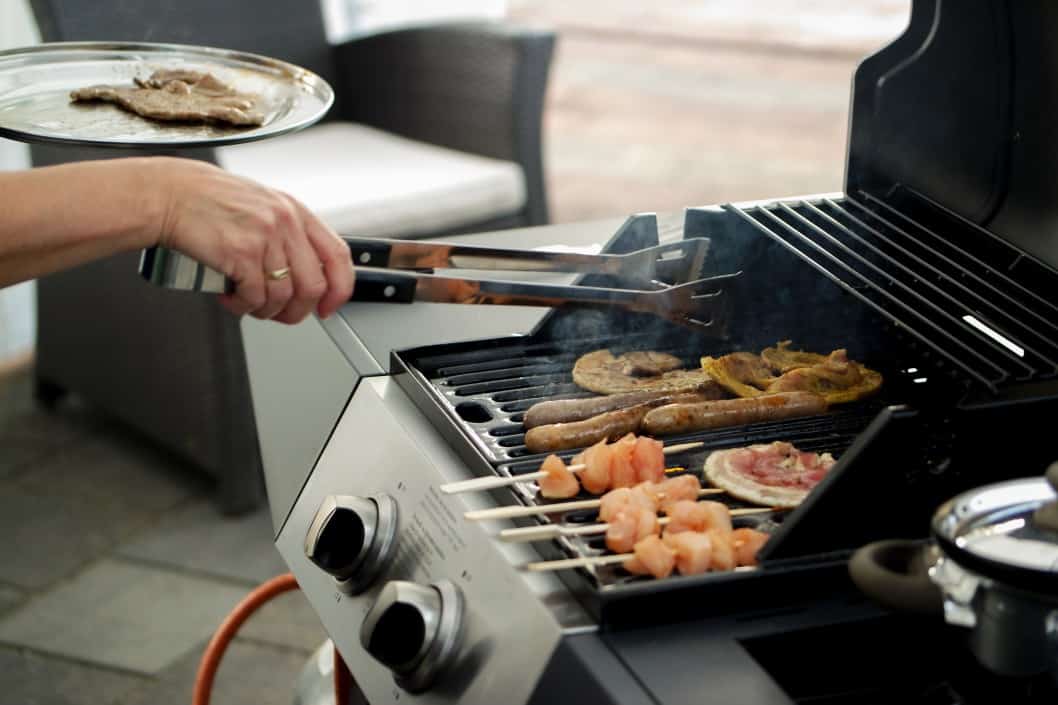
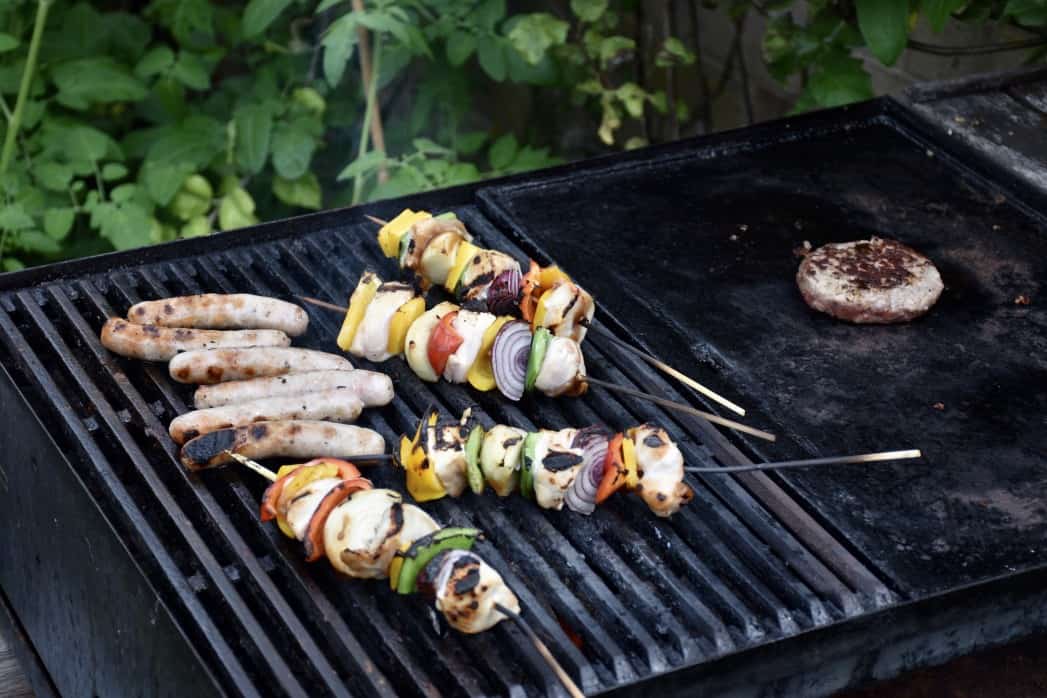
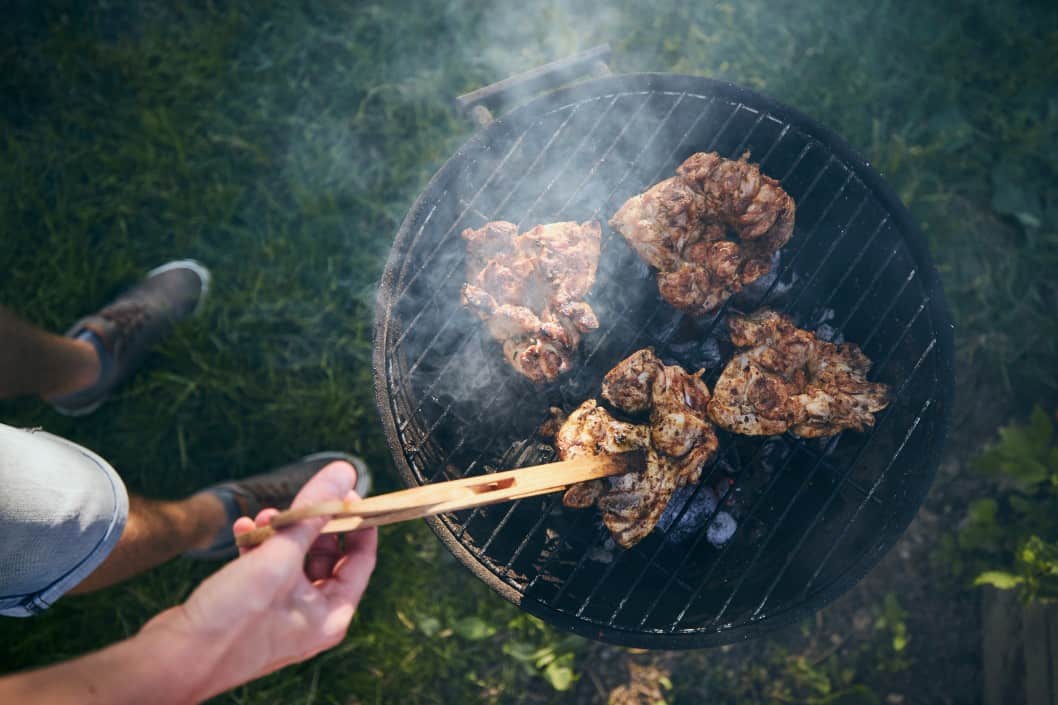
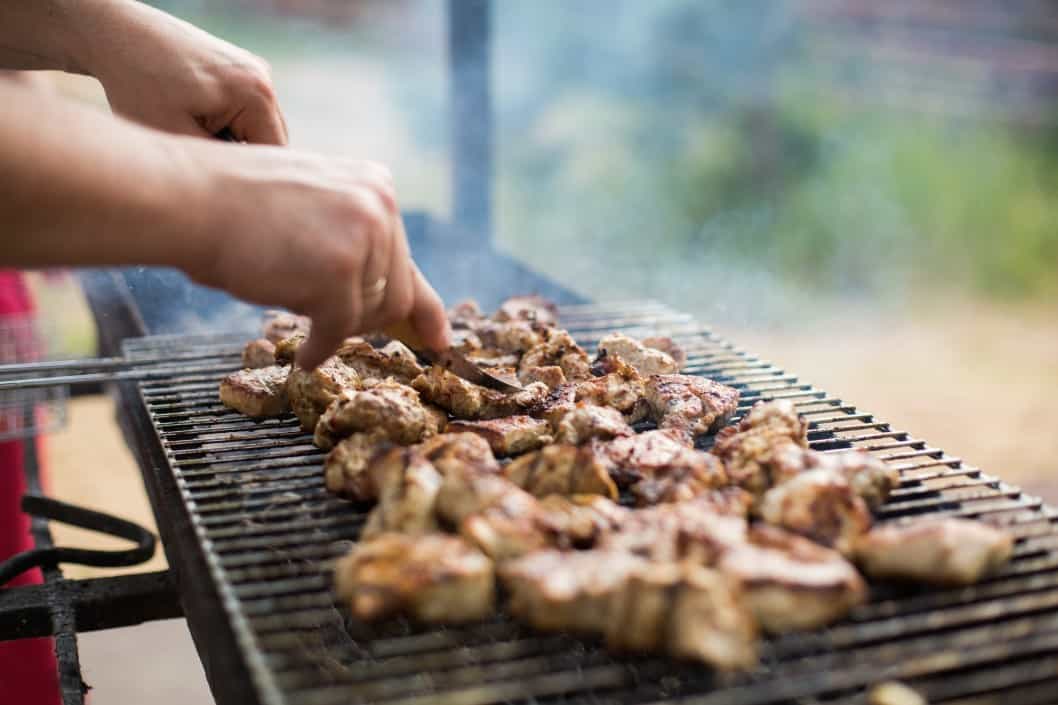
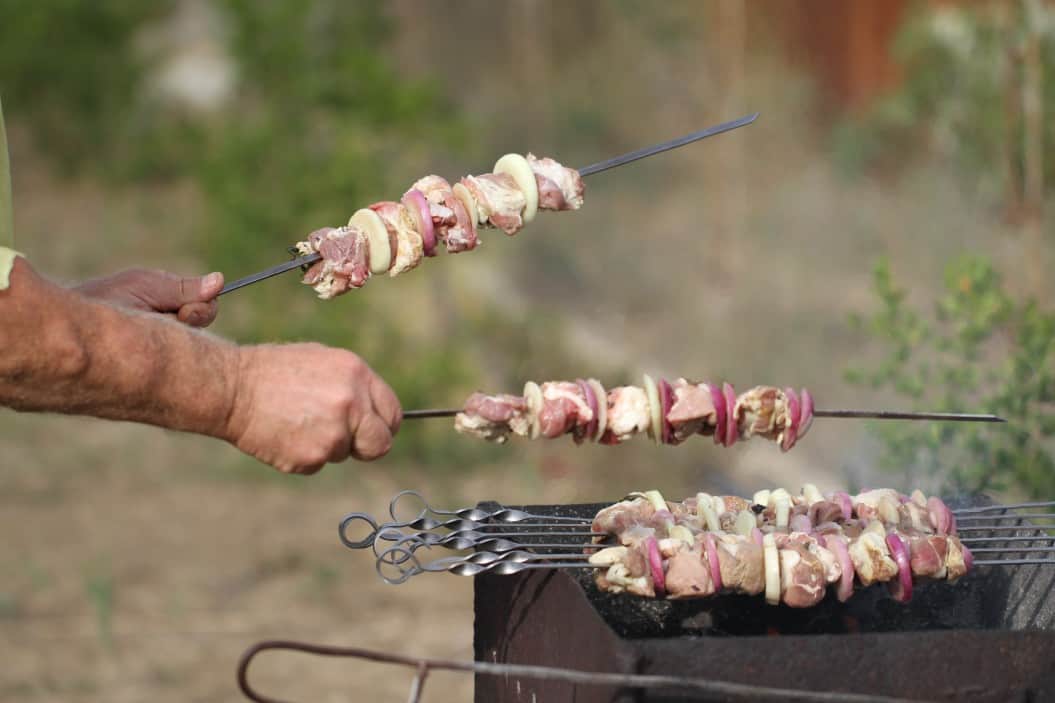
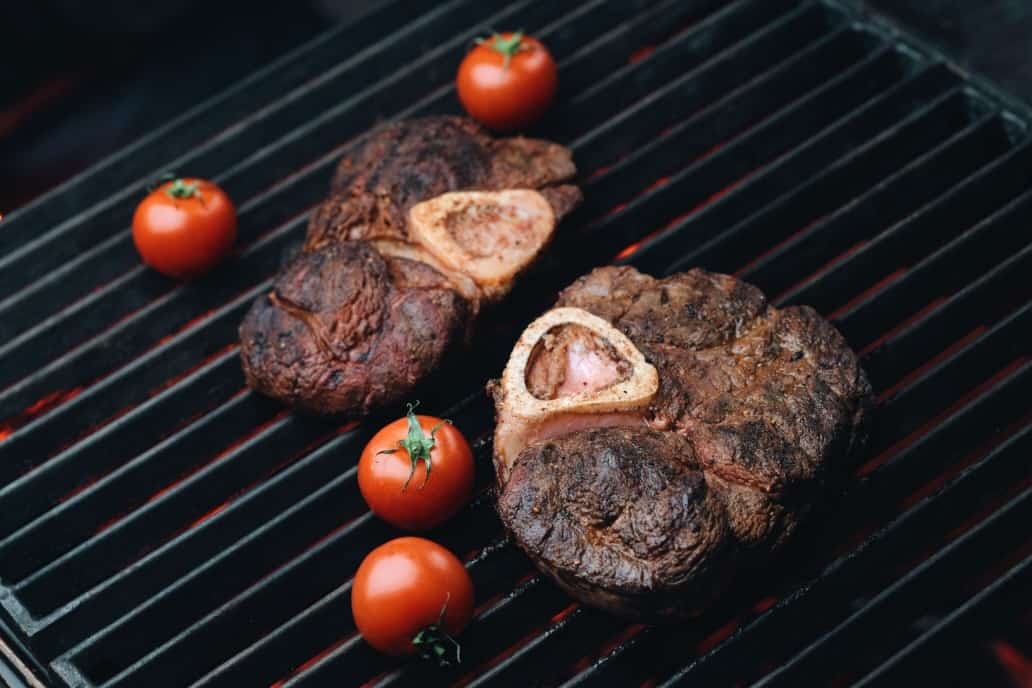
![Best Grills in [year] ([month] Reviews) 27 Best Grills in 2026 (January Reviews)](https://www.gadgetreview.dev/wp-content/uploads/best-grills-image.jpg)
![Best Griddlers in [year] 28 Best Griddlers in 2026](https://www.gadgetreview.dev/wp-content/uploads/best-griddler-image.jpg)
![Best Offset Smokers in [year] 29 Best Offset Smokers in 2026](https://www.gadgetreview.dev/wp-content/uploads/best-offset-smoker-image.jpg)
![Best Pit Boss Pellet Grills in [year] 30 Best Pit Boss Pellet Grills in 2026](https://www.gadgetreview.dev/wp-content/uploads/best-pit-boss-pellet-grill-image.jpg)
![Best Vertical Pellet Smokers in [year] 31 Best Vertical Pellet Smokers in 2026](https://www.gadgetreview.dev/wp-content/uploads/best-vertical-pellet-smoker-image.jpg)
![Best Grill Tongs in [year] 32 Best Grill Tongs in 2026](https://www.gadgetreview.dev/wp-content/uploads/best-grill-tongs-image.jpg)
![Best Tailgate Grills in [year] 33 Best Tailgate Grills in 2026](https://www.gadgetreview.dev/wp-content/uploads/best-tailgate-grill-image.jpg)
![Best 2 Burner Gas Grills in [year] 34 Best 2 Burner Gas Grills in 2026](https://www.gadgetreview.dev/wp-content/uploads/best-2-burner-gas-grill-image.jpg)
![Best Outdoor Electric Grills in [year] 35 Best Outdoor Electric Grills in 2026](https://www.gadgetreview.dev/wp-content/uploads/best-outdoor-electric-grill-image.jpg)
![Best Grill Brushes in [year] 36 Best Grill Brushes in 2026](https://www.gadgetreview.dev/wp-content/uploads/best-grill-brush-image.jpg)
![Best Smoker Grills in [year] 37 Best Smoker Grills in 2026](https://www.gadgetreview.dev/wp-content/uploads/best-smoker-grill-image.jpg)
![Best Smokeless Indoor Grills in [year] 38 Best Smokeless Indoor Grills in 2026](https://www.gadgetreview.dev/wp-content/uploads/best-smokeless-indoor-grill-image.jpg)
![Best Charcoal Smokers in [year] 39 Best Charcoal Smokers in 2026](https://www.gadgetreview.dev/wp-content/uploads/best-charcoal-smoker-image.jpg)
![Best Weber Grills in [year] 40 Best Weber Grills in 2026](https://www.gadgetreview.dev/wp-content/uploads/best-weber-grill-image.jpg)
![Best Small Gas Grills in [year] 41 Best Small Gas Grills in 2026](https://www.gadgetreview.dev/wp-content/uploads/best-small-gas-grill-image.jpg)
![Best Portable Charcoal Grills in [year] 42 Best Portable Charcoal Grills in 2026](https://www.gadgetreview.dev/wp-content/uploads/best-portable-charcoal-grill-image.jpg)
![Best Traeger Grills in [year] 43 Best Traeger Grills in 2026](https://www.gadgetreview.dev/wp-content/uploads/best-traeger-grill-image.jpg)
![10 Best Flat Top Grills in [year] 44 10 Best Flat Top Grills in 2026](https://www.gadgetreview.dev/wp-content/uploads/Best-Flat-Top-Grill.jpg)
![10 Best Infrared Grills in [year] 45 10 Best Infrared Grills in 2026](https://www.gadgetreview.dev/wp-content/uploads/Best-Infrared-Grill.jpg)
![10 Best Camping Grills in [year] 46 10 Best Camping Grills in 2026](https://www.gadgetreview.dev/wp-content/uploads/Best-Camping-Grill.jpg)

